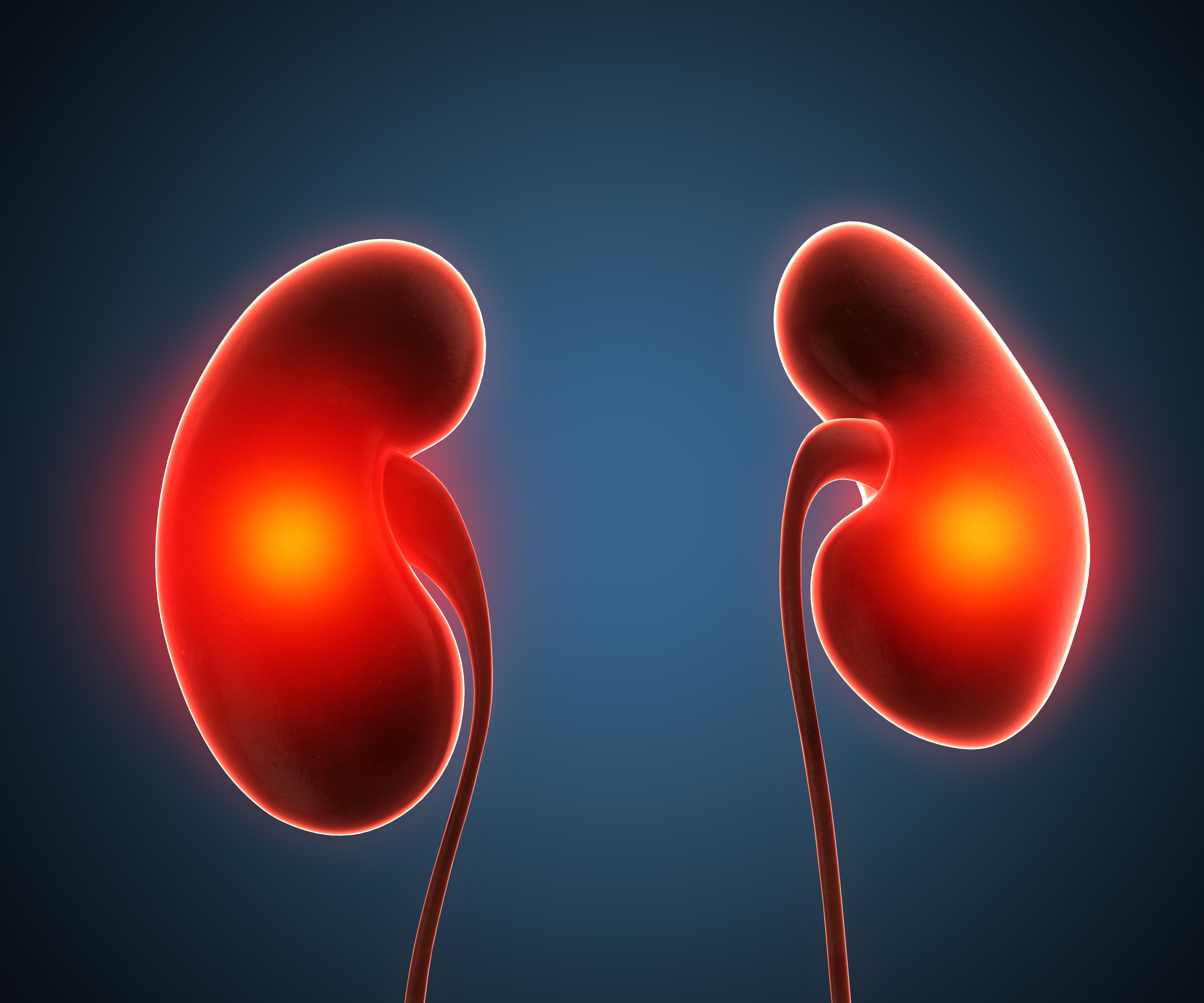Article
Exposure to Rituximab Biosimilars did not Increase Hypersensitivity Reaction Hospitalizations
Author(s):
A recent study found no association between exposure to rituximab biosimilars and hospitalization for hypersensitivity reactions compared to the biologic at initiation, at switch, or over time.
No association between exposure to rituximab biosimilars compared with the biologic was observed regarding hospitalization for a hypersensitivity reaction at initiation, at switch, or over time, according to a study published in Springer.1
Image Credit: Adobe Stock/Monet

Rituximab biosimilars were launched in 2017 and French pharmacovigilance centers began collecting cases of severe hypersensitivity reactions in patients receiving rituximab biosimilars in 2019. The risk of hypersensitivity reaction was reportedly highest at first rituximab injection2 and when switching from the reference drug to the biosimilar.
“Although this signal was not identified during the clinical trials carried out on biosimilar rituximab products, it could now be assessed in real-world studies thanks to longer follow-up and a wider study population,” a team of French investigators explained.
The real-world association between rituximab biosimilars versus the biologic injections and hypersensitivity reactions among patients initiating and switching to the biosimilar were evaluated using French National Health Data System (SNDS) data collected between October 2017 and December 2021. Information included inpatient and outpatient data, discharge diagnoses, procedures, and sociodemographic information such as age, sex, vital status, and place of residence.
One cohort was comprised of patients initiating rituximab or a biosimilar, while the second group consisted of originator-to-biosimilar switchers which were matched for age, sex, pathology, and deliveries history, with a proportion of patients still receiving biologic treatment.
Hospitalization for anaphylactic shock or serum sickness after a rituximab injection were identified as an outcome of interest. The duration of hospitalization, death during hospitalization, and transfer to the intensive care unit were documented. A history of the outcome was defined as having 1 or more hospitalization for anaphylactic shock or serum sickness within 1 year before a rituximab injection.
Of the 91,894 patients included in the initiation group, 19% (n = 17,605) received the biologic and 81% (n = 74,289) were given the biosimilar. Of the 425 patients who ultimately experienced a hypersensitivity reaction at first injection, 86 (0.49%) events in the biologic group and 339 (0.46%) in the biosimilar group occurred at initiation.
No increased risk of event with biosimilar use at first injection, as well as over time, was observed. The adjusted odds ratio (OR) of biosimilar exposure linked to the event was 1.04 (95% confidence interval [CI] 0.80–1.34), and the adjusted hazard ratio for biosimilar versus originator exposure was 1.15 (95% CI 0.93–1.42). A total of 24,659 non-switchers were matched to 17,123 switchers. There was no association found between switching to the rituximab biosimilar and event occurrence.
Including almost every patient in France and identifying every event of interest strengthened the findings. Further, indication bias was limited in the study as originator and biosimilar products are considered interchangeable. However, the event is rare and the study design may not be powered enough to exclude a weak link between the exposure to biosimilars and the primary outcome. Investigators were unable to adjust on complementary risk factors including medical exposures or comorbidities. However, the consistency of the results confirms the results of the study.
“The results of this study are reassuring regarding the use of rituximab biosimilars, in the context of fast scale-up and political incentives to prescribe biosimilar products” investigators concluded. “Further real-world studies may still also be carried out with other biosimilar products and studying other product-specific adverse effects to confirm that biosimilar initiation or originator to biosimilar switching does not lead to an increase in signals.”
References
- Jourdain H, Hoisnard L, Sbidian E, Zureik M. Severe Hypersensitivity Reactions at Biosimilar versus Originator Rituximab Treatment Initiation, Switch and Over Time: A Cohort Study on the French National Health Data System [published online ahead of print, 2023 Mar 6]. BioDrugs. 2023;10.1007/s40259-023-00584-8. doi:10.1007/s40259-023-00584-8
- Levin AS, Otani IM, Lax T, Hochberg E, Banerji A. Reactions to rituximab in an outpatient infusion center: a 5-year review. J Allergy Clin Immunol Pract. 2017;5(1):107.e1-113.e1. https://doi.org/10.1016/j.jaip.2016.06.022





